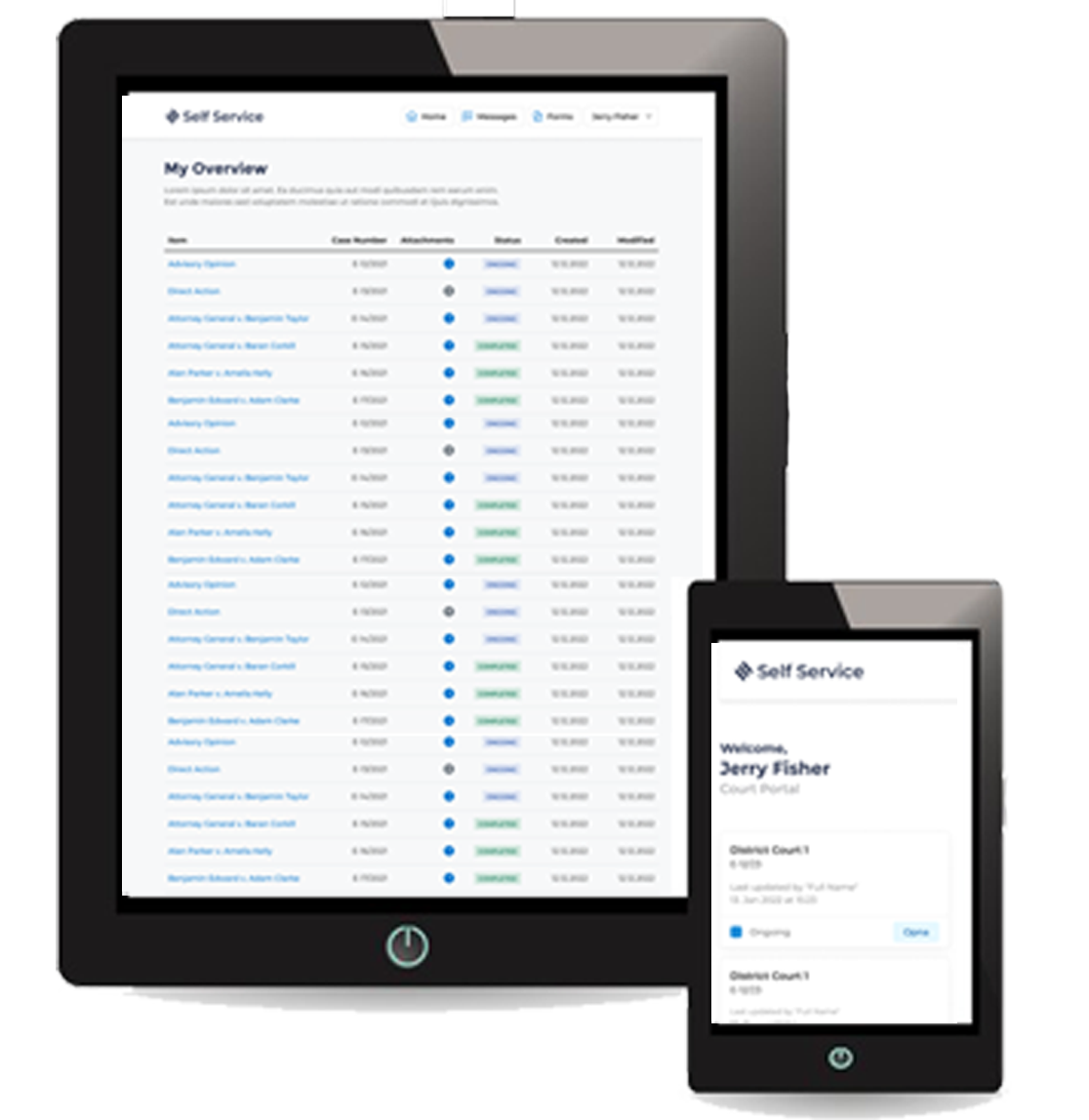PARAMOUNT INFLUENCE OF TECHNOLOGY
ON JUSTICE EFFICIENCY AND FAIRNESS
Casedoc is witnessing firsthand how the integration of artificial intelligence (AI) is reshaping Judicial Administration and the way we work and live. From streamlining court processes to improving access to legal information, AI is transforming the way justice is served. In this blog, we will explore the benefits of AI in public justice and how our and continuous R&D efforts and commitment to innovation result in enhancing efficiency and fairness in the legal system.

FULL SPECTRUM IMPACT OF AI
OVER JUDICIAL ADMINISTRATION

IMPROVED CASE MANAGEMENT
AI-powered case management systems are revolutionising the way courts handle and process cases. These systems can automate administrative tasks, such as scheduling, document management, and data entry, freeing up valuable time for legal professionals to focus on more complex and critical tasks. By reducing manual work and streamlining processes, AI helps courts manage their caseloads more efficiently, leading to faster resolution of cases and reduced backlog.
ENHANCED LEGAL RESEARCH
Legal research is a time-consuming and labor-intensive task for lawyers and judges. AI-powered tools, such as natural language processing and machine learning algorithms, can analyze vast amounts of legal data and provide relevant and accurate information in a fraction of the time it would take a human researcher. This not only saves valuable time but also improves the quality and accuracy of legal research, ensuring that judges and lawyers have access to the most up-to-date and relevant information to make informed decisions.


PREDICTIVE ANALYTICS
AI algorithms can analyse historical case data to identify patterns and trends, enabling judges and lawyers to make more informed decisions. Predictive analytics can help in predicting case outcomes, identifying potential risks, and suggesting appropriate legal strategies. This technology can assist in reducing bias and ensuring fair and consistent decision-making, as it relies on data rather than subjective human judgment.
ACCESS TO JUSTICE
One of the significant challenges in the legal system is the lack of access to justice for many individuals, particularly those from marginalized communities. AI is playing a crucial role in bridging this gap by providing access to legal information and resources. Chatbots and virtual assistants powered by AI can provide basic legal information, answer frequently asked questions, and guide individuals through legal processes. This empowers individuals to navigate the legal system more effectively and access justice without the need for expensive legal representation.


SENTENCING & RISK MANAGEMENT
AI algorithms can assist judges in making fair and unbiased sentencing decisions. By analysing various factors, such as the severity of the crime, the defendant’s criminal history, and demographic information, AI can provide insights into the appropriate sentencing guidelines. This helps in reducing the potential for human bias and ensures that sentencing decisions are based on objective criteria.
CONCLUSION
The development of AI and the opening of judicial data may lead to the emergence of predictive justice, which could improve the predictability of case law. AI tools are also being used to predict judgments, with potential impacts on the judicial system. However, the use of AI in the judiciary presents both challenges and opportunities, including greater legal transparency and more efficient dispute resolution. In the short run, AI is expected to lead to greater legal transparency, more efficient dispute resolution, improved access to justice, and challenges to the traditional law firm model.
At Casedoc, we believe that the integration of AI into judicial systems must be done with a commitment to ethical standards, local AI frameworks and compliance with local regulations. We align our work with key programs like the UK’s HMCTS Reform Program to modernize courts while following UK Ethical Guidelines to protect data and prevent bias. Equally important to us is meeting Sovereign Soil requirements, which ensure judicial data stays within national borders to build trust and maintain compliance.
By aligning with these initiatives, we ensure that our Court Case Management platform supports various court types, including Crown Courts, High Courts, Tribunals, etc., and transform justice while safeguarding ethical and legal principles.
THE WHATs & HOWs when selecting a Court Case Management System.
In our Casedoc Buyer’s Guide you’ll learn key navigators when selecting your next Court Case Management System.
If you find this helpful and are eager to know more, get in touch with Casedoc experts and book your next private call.